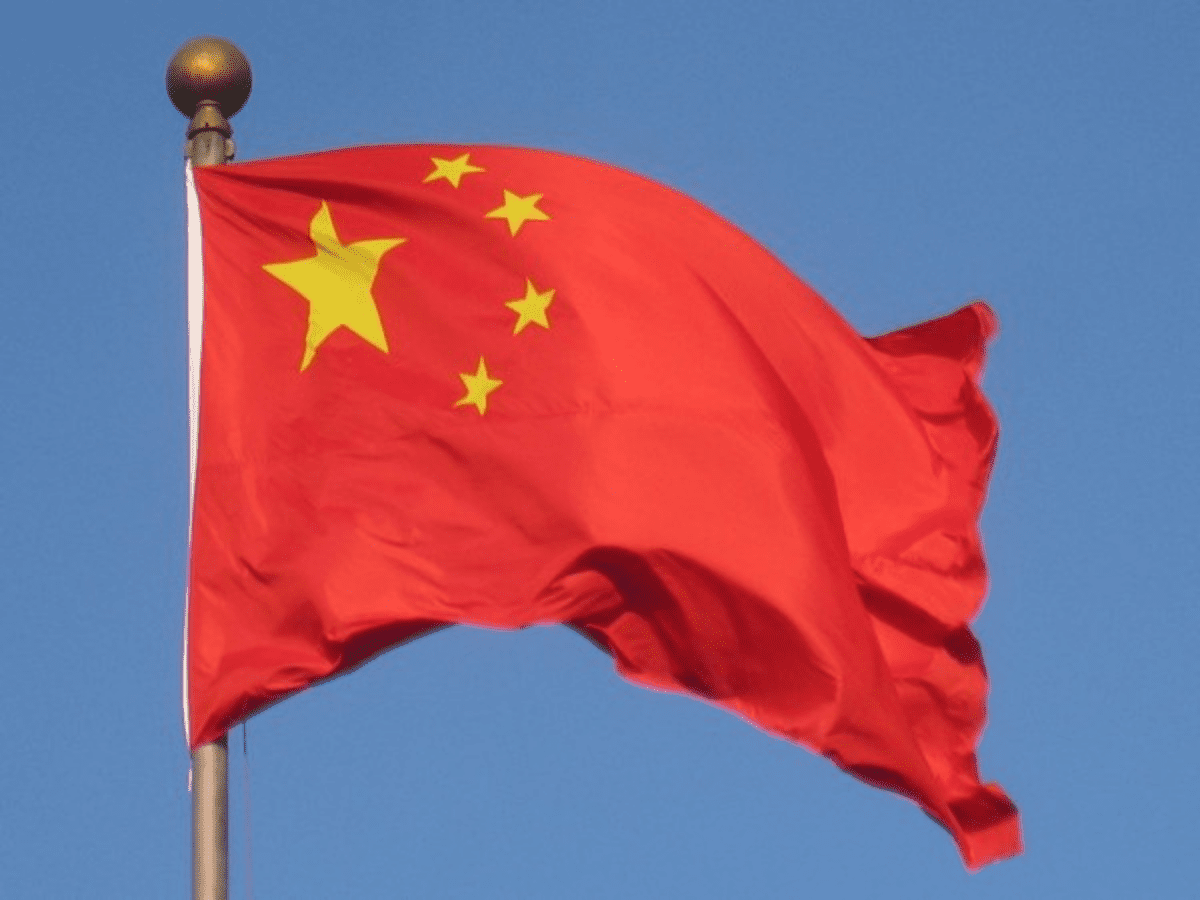
Beijing: Sparring over a host of differences, including China’s support to Russia over the Ukraine war and mounting US pressure on Beijing to stop flooding global markets with cheap goods, China and the US on Friday managed to reach a five-point consensus to stabilise strained ties after a testy meeting between President Xi Jinping and Secretary of State Antony Blinken here.
A defiant Xi told Blinken that China is not afraid of competition as the US top diplomat raised concerns about Beijing’s support for Russia in the Ukraine war and the country’s “dangerous actions” in the South China Sea in its escalating conflict with the Philippines as well as tensions in the Taiwan Strait in recent months.
Xi told Blinken that China is willing to cooperate with the US but cooperation should be a two-way street.
“China is not afraid of competition, but competition should be about common progress, not a zero-sum game,” Xi said, official media reported.
Xi said China is committed to non-alignment but the US should not form small circles — an apparent reference to the AUKUS, (Australia, the UK and the US) nuclear submarine deal as well as the Quad (the US, India, Australia, Japan) which Beijing alleges is aimed at containing its rise.
Xi said both sides can have their friends and partners and should refrain from targeting, opposing or damaging each other.
He also called on the US to be a partner of China and not to “say one thing and do another”.
“The two countries should be partners, not rivals.. they should be true to their words and be resolute in deeds, rather than saying one thing and doing another,” Xi said.
He asked the US to view China’s development positively so that bilateral relations could be stabilised.
In his media interaction after meeting Xi, Blinken did not mince words asserting that the US, EU and NATO countries want China to stop Russia’s defence industrial base failing which Beijing has to face additional measures.
The US has already imposed sanctions on more than 100 Chinese entities export controls etc, Blinken said.
“We are fully prepared to take additional measures and I made it very clear in my meetings today”, he said.
“There are profound concerns about the actions the Chinese enterprises are taking to support Russia’s defence industrial base because this goes not only to the immediate threat posed by Russia in its aggression against Ukraine, it goes to a medium long threat, many Europeans feel Russia poses to them,” he said.
“All of us are looking at China to take steps to curb this action. We are also looking at the actions we are fully prepared to take if we don’t see a change”, he said.
Besides meeting Xi, Blinken held lengthy talks with Chinese counterpart Wang Yi spanning over five and half hours discussing measures to stabilise the ties between the top two economies of the world.
Wang also cautioned Blinken against stepping on China’s “red lines”.
The China-US relationship is beginning to stabilise, but it is still being tested by “negative factors”, he added.
The US recently approved its latest aid package which included military assistance to Taiwan, drawing sharp criticism from Beijing. China views Taiwan as a rebel province that must be reunited with the mainland, even by force.
Wang asserted that no one shall deprive the Chinese people of their right to development. The US has employed all kinds of measures to hit China on trade, economy and technology, he said.
“This is not fair competition, but steps to contain and block China. It is not de-risking but risk-building. The US said it does not seek to contain China’s economy, decouple or bar China’s progress in science and technology. It should honor those words,” Wang was quoted as saying by foreign ministry spokesperson Wang Wenbin.
Foreign Minister Wang also stressed that the Asia-Pacific should not become a “wrestling ground” for major countries.
“We hope the US will make the right choice, work with China, engage in sound interactions in the Asia-Pacific, stop forming groupings exclusive to one another, stop coercing regional countries to take sides, stop deploying ground-based medium-range missiles, stop harming China’s strategic security interests, and stop undermining the hard-won peace and stability in the region,” he said.
Wang later said both sides reached a five-point consensus based on a comprehensive exchange of views.
The consensus included maintaining consultations on international and regional hotspot issues and strengthening communication between the special envoys of the two sides, continuing to work to stabilise and develop China-US relations according to the guidance of the two heads of state, and maintaining high-level exchanges and contacts at all levels.
Both sides also agreed to hold the first meeting of the China-US intergovernmental dialogue on artificial intelligence and continue to advance consultations on the principles guiding the relations and Asia-Pacific affairs, maritime affairs.
The two sides also agreed to take measures to expand cultural and people-to-people exchanges between the two countries, welcoming students from each other’s countries.

